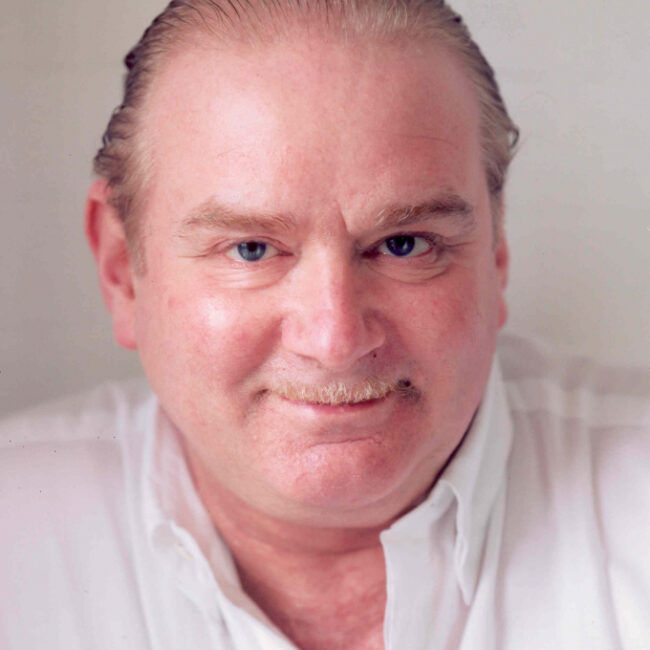One of Britain’s most versatile and trusted writers believes research is the key for anyone wanting to produce books that matter.
Peter Ackroyd is an award-winning biographer, best-selling novelist, celebrated historian, engaging essayist, talented poet, and respected journalist.
As well as being one of Britain’s most prolific authors, the 73-year-old is definitely one of the most diverse, and has adapted styles to write both documentaries and dramas for television.
But behind every one of his 63-or-so bestsellers are dozens upon dozens of hours of research – and also visiting each of the locations.
He explained: “I read as much as has been written about the characters that I am going to write about.
“I could read 300 or 400 books on any one subject.
“I regularly work on three different books in any one day – I will work on a biography, a history and also the next project.
“I always walk the places I write about, as well.
“In my opinion people are affected by location – a street, an alley, a house – and the inhabitants are deeply affected by the nature of terrain, and the history of the terrain beneath their feet.”
Peter Ackroyd has spent more than five decades producing some of the finest and most influential books written in the English language.
His biographies of Dickens, T S Eliot, William Blake, Charlie Chaplin, and even Shakespeare are rightly regarded as authoritative.
His novels such as Dan Leno and the Limehouse Golem, Hawksmoor, and English Music are ground-breaking.
And his historical studies of locations including London, Ancient Rome, and Ancient Greece have received both academic and more widespread plaudits.
Peter also produced an illustrated six-book series of the world’s most-defining moments in history for children.
But where does the versatility and drive come from – and can other writers follow a similar approach?
Peter said: “It doesn’t matter about the quantity or variety of work you do – what matters is the voice behind it.
“I enjoy all disciplines of writing equally, they all have a different function.
“The subjects come to me, I don’t go to them – something worth thinking about.
“The only principle I really use for biographies is that the subject should be born in or near London.”
Peter was raised in a strict Catholic household on a council estate in London’s East Acton.
While many new authors start publishing later in life, he knew long before gaining scholarships for Cambridge and Yale that he wanted to be a writer.
Peter continued: “I became a writer when I was seven or eight – a play about Guy Fawkes – and I’ve never ceased to be interested in writing ever since.
“I learned the art of writing – not at Cambridge or Yale – but when I became the literary editor of The Spectator.”

